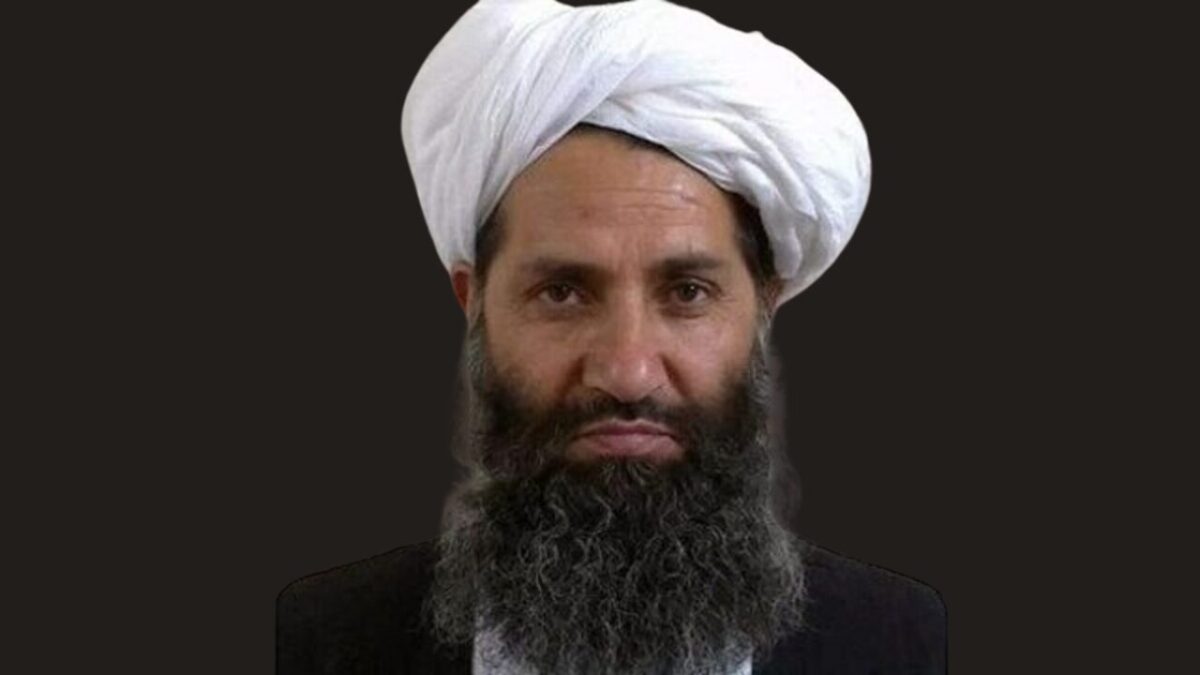The International Criminal Court’s (ICC) Office of the Prosecutor has filed applications for arrest warrants against Taliban leader Hibatullah Akhundzada and Taliban chief justice Abdul Hakim Haqqani, accusing them of crimes against humanity, including gender persecution.
The applications were announced Thursday by ICC Prosecutor Karim A. A. Khan, who highlighted the role of his office’s Afghanistan Unified Team and other international legal experts in the investigation.
The warrants target Haibatullah Akhundzada, the Supreme Leader of the Taliban, and Abdul Hakim Haqqani, the Chief Justice of the Taliban.
Both are accused of orchestrating a campaign of persecution against Afghan women, girls, and LGBTQ+ individuals that began on August 15, 2021, following the Taliban’s return to power, and continues to this day.
According to the ICC, Akhundzada and Haqqani bear responsibility for widespread violations of fundamental rights under international law. These include severe restrictions on physical autonomy, freedom of movement, education, free expression, and assembly. The Taliban’s actions have been marked by violence, including murder, torture, rape, enforced disappearances, and other inhumane acts, aimed at suppressing perceived resistance or nonconformity with their ideological interpretations of gender roles.
“The evidence shows that Afghan women and girls, as well as LGBTQ+ individuals, are enduring an unprecedented and ongoing campaign of persecution,” Prosecutor Khan stated.
The ICC’s applications are based on extensive evidence, including testimonies from witnesses and experts, Taliban decrees, forensic reports, audio-visual materials, and statements from the accused and other Taliban representatives. Gender experts were integrated into the investigative team to ensure the gender dimension of the crimes was addressed.
“This case underscores our unwavering commitment to pursue accountability for gender-based crimes,” Khan added.
The prosecutor emphasized that the Taliban’s interpretation of Sharia law cannot justify the deprivation of fundamental human rights or the commission of crimes under the Rome Statute, the ICC’s founding treaty.
Prosecutor Khan acknowledged the courage of Afghan survivors and witnesses who cooperated with the investigation. He also thanked Afghan civil society and international organizations for their support.
“Our actions send a clear message: the status quo for Afghan women and girls is unacceptable. Afghan survivors, particularly women and girls, deserve accountability before a court of law,” he said.
The ICC’s Pre-Trial Chamber II will now decide whether the applications provide sufficient grounds to issue arrest warrants. If approved, the ICC will work with member states to apprehend Akhundzada and Haqqani.
The prosecutor noted that these are the first applications for arrest warrants related to the Afghanistan investigation, with more filings against other Taliban leaders expected in the future. The ongoing probe also includes alleged crimes committed by members of the Islamic State–Khorasan Province (ISIS-K).
“Afghan victims and survivors have endured injustice for too long. Through the impartial application of international law, we aim to demonstrate that all lives have equal value,” Khan concluded.





